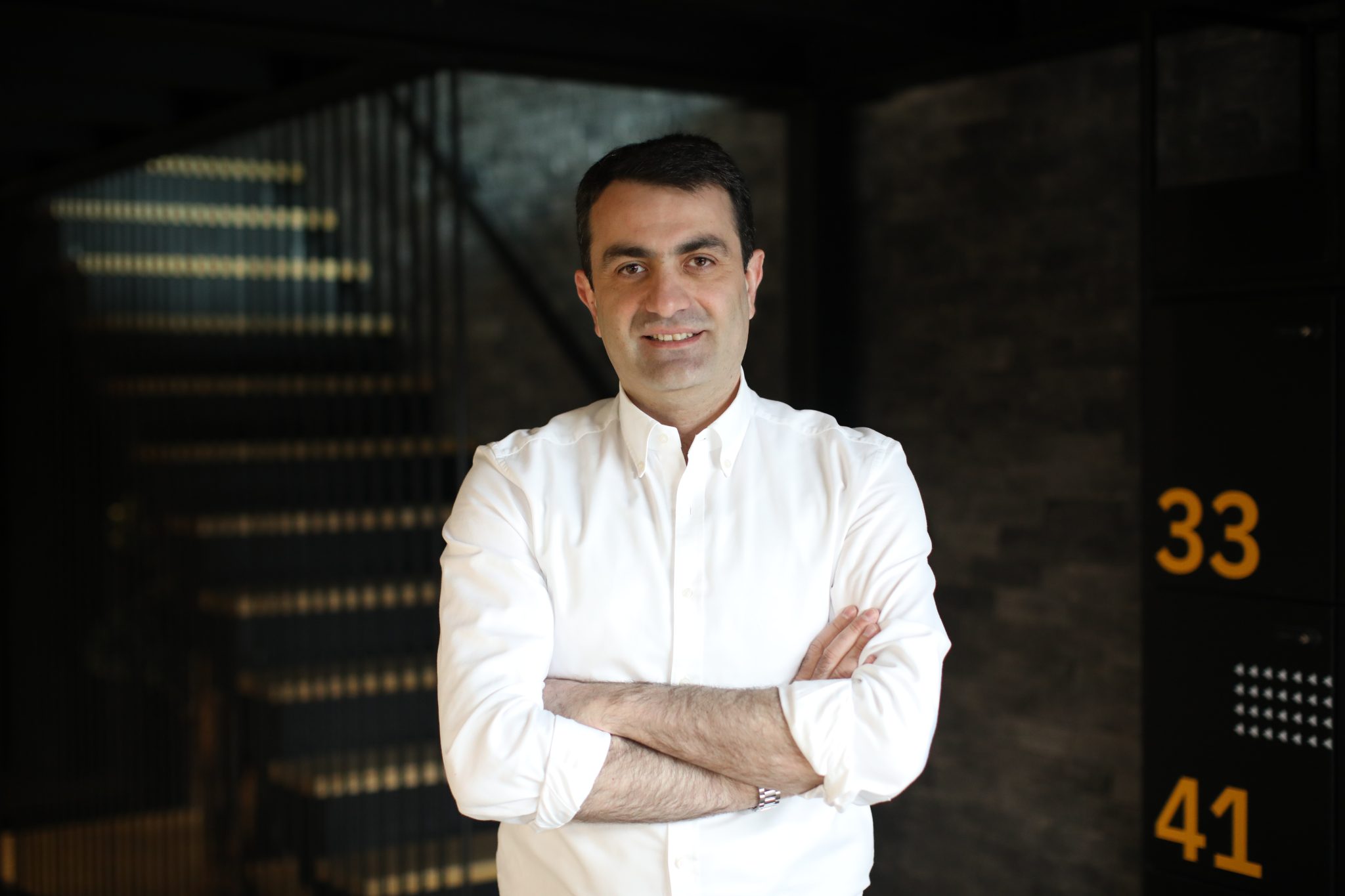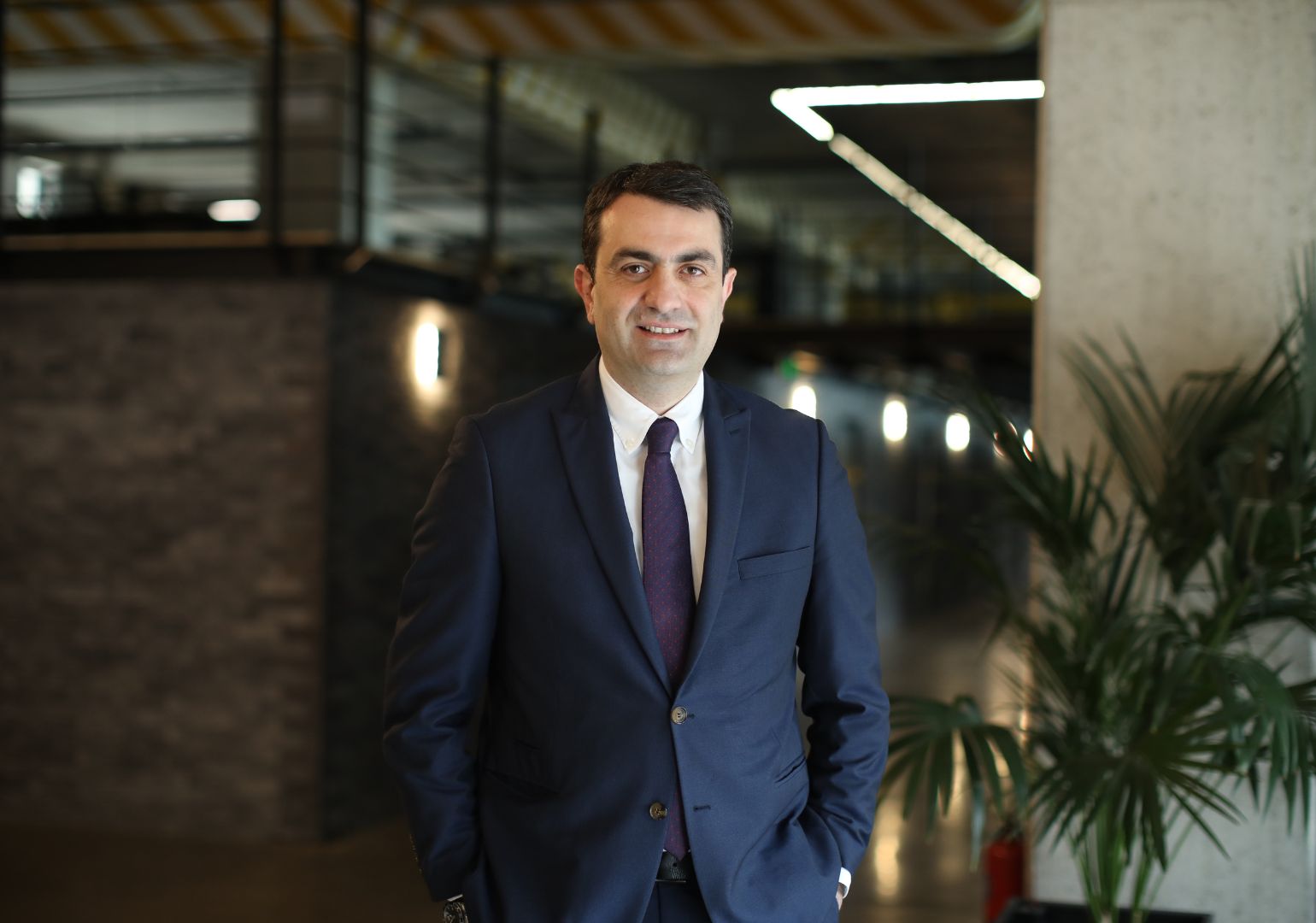Davit Asatiani is the first lawyer from a non-EU country to lead the European Bar Association, with a term set for the next two years. The confidence expressed by European colleagues in the current president of the Georgian Bar Association not only highlights his personal achievements but also reflects recognition and encouragement for Georgia.
You were elected as President of the European Bar Association (AEA-EAL), after serving as its vice president since 2021. Could you explain what this organization represents?
The European Bar Association (AEA-EAL), founded in the early 1980s and headquartered in Brussels, brings together bar associations from EU member states, regional associations, law firms, and individual lawyers. Originally consisting mainly of Western European countries, it has since expanded to include Eastern European nations as well, with the Georgian Bar Association joining a few years ago.
After the current president’s 2-year term concluded in 2024, the election of a new president was on the agenda. My candidacy was then presented.
Why is it significant for you personally and for Georgia to hold this position, given that you represent the Georgian Bar Association?
This appointment represents a significant vote of confidence from my European colleagues, not only in me but also in the Georgian legal profession and the reforms we’ve implemented over the years. We have enhanced our independence, improved the quality of our lawyers, and reinforced the institution. The election of a Georgian lawyer to this position underscores this recognition. It is the first time a lawyer from a non-EU member state has held this role.
What are your goals for your tenure as president of the organization?
We have long been collaborating with European professional organizations. Through our professional development initiatives, the Bar Association has built strong relationships with France, Germany, Belgium, and Great Britain. These partners are familiar with my work and have been observing the developments in our country, our aspirations toward European integration, and our progress in the legal field.
This recognition highlights our success, as we are leaders in Eastern Europe in various aspects. It also serves as an encouragement for the Georgian people and society, demonstrating that a Georgian has the capability to lead a prominent European organization.
Alongside me, the organization is guided by three vice presidents from Germany, Spain, and Belgium – key EU countries with distinguished legal professionals. The European Bar Association will focus on numerous projects, including promoting the rule of law, particularly in Eastern European countries, enhancing the role of lawyers across Europe, and increasing the credibility of the justice system. We will be engaging in collaborative efforts with many countries to achieve these goals.
You held the position of Vice-President of the European Bar Association from 2021 to 2024. How do you plan to build on your previous work and initiatives in your new role?
The European Bar Association was established to strengthen the practice of law and enhance the role of lawyers in justice systems across Europe, including in emerging democracies. Eastern European countries, which joined the European Union later, required active support from their European counterparts to develop bar associations founded on European values and standards.
This organization’s primary goal is to firmly establish the rule of law in every European country. Its mission includes supporting each lawyer, raising their professional qualifications, reinforcing their role, and strengthening the legal profession as an institution in all countries, including Georgia. This is the foundation of a robust justice system everywhere.
No matter how ideal a judicial system may be, without strong lawyers and law firms, effectively protecting human rights remains challenging.

What are the main benefits of the European Bar Association for citizens?
As integration with Europe deepens, the movement of our citizens to European countries is facilitated, business relations intensify, international contracts are signed, foreign investors bring capital to Georgia, arbitration proceedings take place, and some citizens face criminal conflicts. Naturally, these developments create a growing need for legal services – especially cross-border legal support and qualified representation. The European Bar Association is essential for maintaining a network of lawyers that provides effective legal protection for citizens across various countries, including Georgia. This network also provides a valuable opportunity for Georgian lawyers.
Since you began managing the Georgian Bar Association in 2017, how has the organization evolved and developed over the years?
The Georgian Bar Association was established in 2004 with the framework it continues to use today. Although Georgia has a rich tradition of the legal profession, the Bar Association evolved into the modern institution it is today in 2004. The organization has navigated many challenges, including significant violations of lawyers’ rights, pressure, and persecution. Today, the Bar Association is a highly efficient, self-regulating, independent, membership-based institution, rooted in corporate principles. All decisions within the Bar Association are made by its members.
Over the years, we have strengthened our independence and now have approximately 6,000 active lawyers. We are committed to ensuring that their work environment remains free from interference and supports the effective exercise of their professional duties.
In Georgia, the bar association is the sole body responsible for conducting qualification exams. While all lawyers hold a university degree, what additional steps do you take for those seeking a qualification document?
We organize the qualification exam for lawyers, which is the gateway to entering the profession. We strongly encourage candidates to deepen their knowledge, enhance their skills, and strengthen their practical experience to ensure they provide highly qualified legal services to every citizen.
Additionally, we play a crucial role in upholding the rule of law in Georgia and are actively involved in judicial reform efforts. We work towards establishing uniform practices in the courts to ensure that the judiciary becomes a reliable and competent institution, thoroughly protecting the rights of every citizen.
What are the priorities of the Georgian Bar Association for the next few years?
Our focus is on sustainable development. We have our own building, known as the “Lawyer’s House,” which was constructed through the collective efforts and financial contributions of all our members.
We are committed to enhancing the qualifications and skills of lawyers.
In September 2024, we will launch a project for sectoral specialization. This initiative will allow lawyers to gain deeper expertise in specific areas such as commercial disputes, tax law, intellectual property law, and more.
This project will involve a number of lawyers and aims to elevate the quality of legal services and justice. By having highly specialized and qualified lawyers representing citizens in specific legal fields, we expect to see improvements in the efficiency and effectiveness of justice administration. Our goal is to ensure that justice in Georgia is delivered promptly and effectively, without unnecessary delays.
Does it depend on the court?
Not just that. We also work within the format of the coordination council, which we established a few years ago. This format includes Bench-Bar meetings, where judges, prosecutors, and lawyers discuss pressing issues and resolve them through cooperation. It’s a working format characterized by discussions, and sometimes passionate debates, but it is highly efficient in ensuring that the court is fair, justice is accessible and transparent, and the process is understandable to all citizens.
At these meetings, we focus on establishing uniform judicial practices. This helps minimize the risk of potential corruption by ensuring that the legal profession agrees on how specific issues are defined and resolved. Such uniformity is crucial for the predictability of justice.










